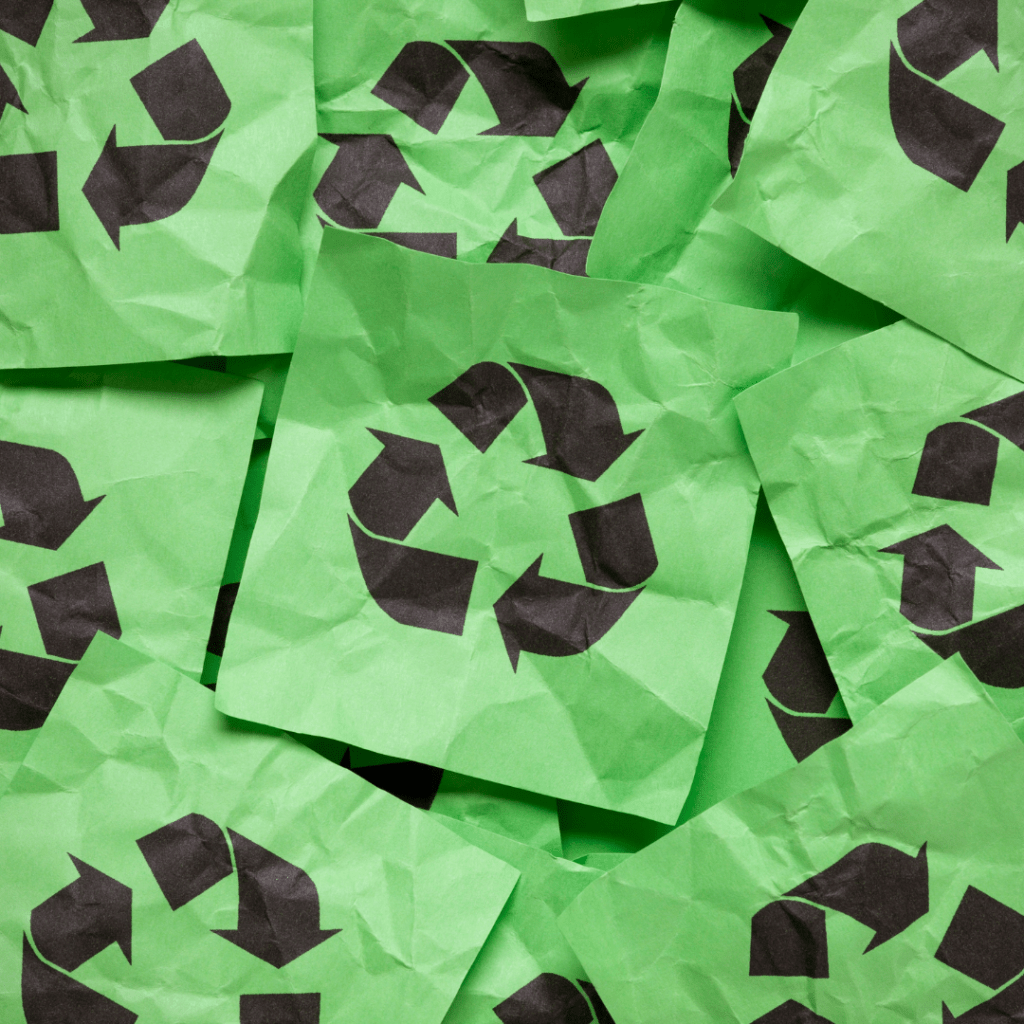What is EPR?
EPR is the acronym for Extended Producer Responsibility. It is a set of regulations to the National Environmental Management Waste Act No.59 of 2008 (NEMWA).
The Minister of Forestry, Fisheries and Environment gazetted the regulations in November 2021. They require producers of identified products specified in the ACT that result in the generation of waste to take responsibility for that waste after the products have been sold or put into the market, including the post-consumer phase, and to establish schemes to collect, reuse, recycle, recover energy from, and/or dispose of this waste.
These schemes are known as EPR Schemes. The intention is to promote a cradle-to-grave approach that will incentivise producers to design and package products in ways that minimise the generation of waste and promote efficient resource use. In essence, this law transfers the responsibility of managing the waste that emanates from product use to the producers or manufacturers.
The Objectives of EPR
The key objectives of EPR laws are to ensure that businesses that are producing the waste take on the cost of its waste management and to incentivise good environmental design decisions and cleaner production measures.
Who has to Register?
All existing producers of EPR-identified products need to register with the Department (EPR Regulations, reg. 4(1)) and develop and implement an EPR scheme or join another scheme (reg. 5(1)). The EPR Regulations prescribe the following:
- The general scheme structure and responsibilities
- The minimum requirements and operational criteria
- Financial arrangements for an EPR scheme
- The appropriate monitoring, reporting, and evaluation criteria for the scheme
eWASA is a registered PRO in four EPR sectors
- Electrical and Electronic Equipment (EEE): 19/7/6/E/PRO/20210512/001
The regulations define EEE as equipment which is dependent on electric currents or electromagnetic fields in order to work properly and equipment for the generation, transfer and measurement of such currents and fields designed for use with a voltage rating not exceeding 1 000 volts for alternating current and 1 500 volts for direct current. - Lighting: 19/7/7/L/PRO/20211123/004
Lighting Equipment is defined in the Regulations as electrical or electronic equipment used for producing artificial light or illumination. It also includes any peripherals of the lighting bodies such as luminaires, switch components, ballasts, fixtures and modules. - Paper and Packaging: 19/7/5/P/PRO/20211123/022
In the EPR Regulations “Paper” is defined as any substance made from wood pulp, rags, straw, or other fibrous material used for writing, printing, or as a wrapping material.
“Packaging” is defined as any material, container or wrapping or corrugated cases, used for the containment, transport, handling, protection, promotion, marketing or sale of any product or substance, which may be primary packaging, containing the actual product or secondary packaging or tertiary packaging, typically containing products already packaged in primary packaging - Portable Batteries: 19/7/5/P/PRO/20230710/045
The Portable Battery Sector’s EPR regulation applies specifically to sealed, easily portable batteries that are not automotive or industrial batteries. Classes of batteries included are alkaline/zinc carbon batteries, primary lithium batteries (single use), nickel metal hydride batteries, silver oxide batteries, and zinc air/air depolarised batteries. The regulation also covers waste generated from these battery classes.
EPR Laws Around The World
The EPR Regulations introduced in South Africa are not new. In fact, the Extended Producer Responsibility laws first surfaced in the 1990s in Europe, Asia, and the Americas. Most countries around the world have some form of packaging legislation governing how particular is handled.
Several countries around the world have implemented EPR legislation, often taking the European rules and concepts as a framework or conceptual basis. EPR is found in North America, Latin, and South America. Laws and collective schemes have been operating for a considerable time in Japan, South Korea, Singapore, Israel, and India. So, as you can see, EPR is not new. South Africa is in step with the developed world in adopting this legislation.
By Dumisani
eWASA Head of Strategic Projects, Municipalities and SMMEs

